
Worker Gets Accused Of Falsifying Timekeeping After Boss Steals Their Program And Takes Credit For It, So They Put A ‘Special’ Feature In It Right Before Quitting
In the late 1990s, user Reddit user u/Psygnal was a compliance officer at a company that helped retail store customers manage their finances.
In their free time, the employee developed a software tool to optimize their work. However, their manager decided to roll out the tool to all staff without their consent, leading to a series of events where corporate intellectual property clashed with employee rights.
The story, which they posted on r/MaliciousCompliance, serves as an important reminder of the importance of standing up for oneself and knowing one’s legal rights in the workplace.
Image credits: Andrea Piacquadio (not the actual photo)
Image credits: Sora Shimazaki (not the actual photo)
Image credits: energepic.com (not the actual photo)
Image credits: Psygnal
According to Michele Martell, an intellectual property attorney who has counseled businesses from The Muppets to the WWE and Crayola, as well as many individual inventors and creators, the Copyright Act automatically assigns authorship to employers rather than employee creators or inventors in two specific situations.
The first is where an employee develops the work within the scope of their employment, while the second occurs when the employer specifically orders or commissions the work from the employee. In both of these cases, the employer is seen as the author of the work in question.
“Broadly speaking, if an employee creates new intellectual property as part of their job, the employer owns that intellectual property,” Martell explained. “For example, if you’re an engineer and you design a more efficient engineering process, creating that new intellectual property is part of the job you’ve been hired to do.”
The lines get blurry when an employee creates intellectual property that’s unrelated to their job. “If an accountant for the company, rather than an engineer, came up with that same engineering advancement, for example, there would be an argument that the work isn’t within the scope of their employment,” Martell noted.
However, having both parents as their legal advisors, undoubtedly u/Psygnal knew how strong their case was.
As the story went viral, its author provided more information on the ordeal in the comments
REST OF DISCUSSION – POSITIVE + SUGGESTIONS
Had something similar in my first company - guy had written a system, which I later took over, with a built-in command to destroy the program a year after he'd left. Fortunately he'd called it "time-bomb.exe", which made me curious enough to look at it; also, it was on a CMS system where it was just a text file rather than a complied executable, so I was able to remove it. At my current company, I've written a macro that will stop working after I retire...that will teach them not to give me a back-dated pay rise that they agreed to in writing...MWAHAHAHA!!
19 hours? If it is one second a week, that woukd be 52 seconds in a year. To make it easy, I am saying a minute. So 60 minutes would be 60 years. So an hour in 60 years. Or what am I missing? Where are they getting looped for 19 hours? I am not good at math.
It compounds. 5 seconds a week for first week, 6 seconds a week for week 2, etc. Plus, it's multiplied by the number of users.
Load More Replies...Ummm....maybe you should have put a bit of ACDC on instead 😂🤣👹👺
Had something similar in my first company - guy had written a system, which I later took over, with a built-in command to destroy the program a year after he'd left. Fortunately he'd called it "time-bomb.exe", which made me curious enough to look at it; also, it was on a CMS system where it was just a text file rather than a complied executable, so I was able to remove it. At my current company, I've written a macro that will stop working after I retire...that will teach them not to give me a back-dated pay rise that they agreed to in writing...MWAHAHAHA!!
19 hours? If it is one second a week, that woukd be 52 seconds in a year. To make it easy, I am saying a minute. So 60 minutes would be 60 years. So an hour in 60 years. Or what am I missing? Where are they getting looped for 19 hours? I am not good at math.
It compounds. 5 seconds a week for first week, 6 seconds a week for week 2, etc. Plus, it's multiplied by the number of users.
Load More Replies...Ummm....maybe you should have put a bit of ACDC on instead 😂🤣👹👺

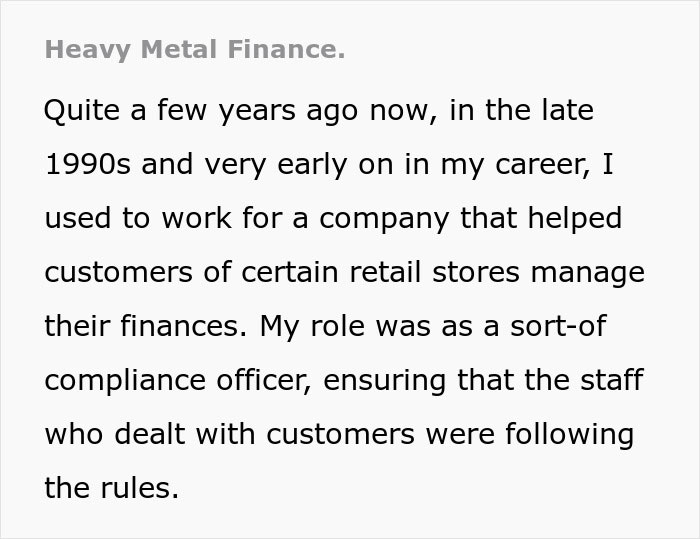
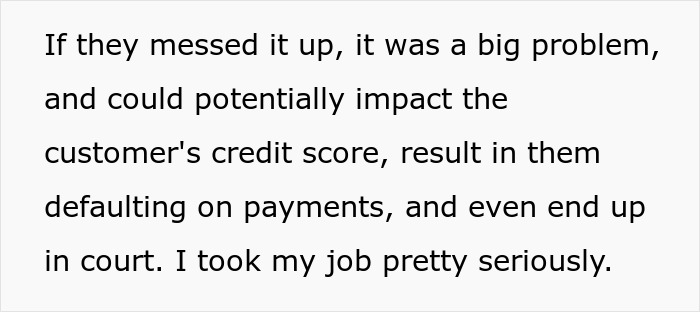
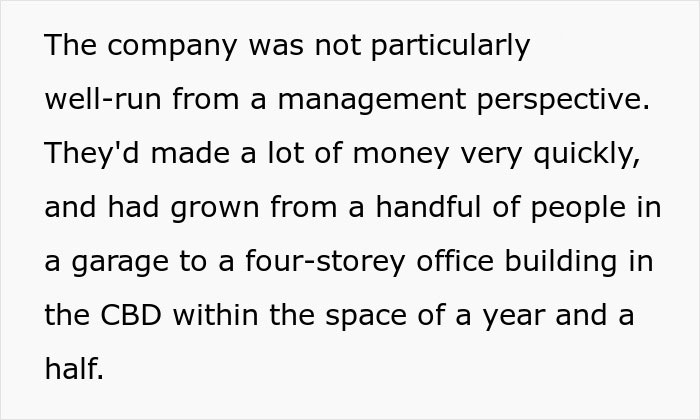
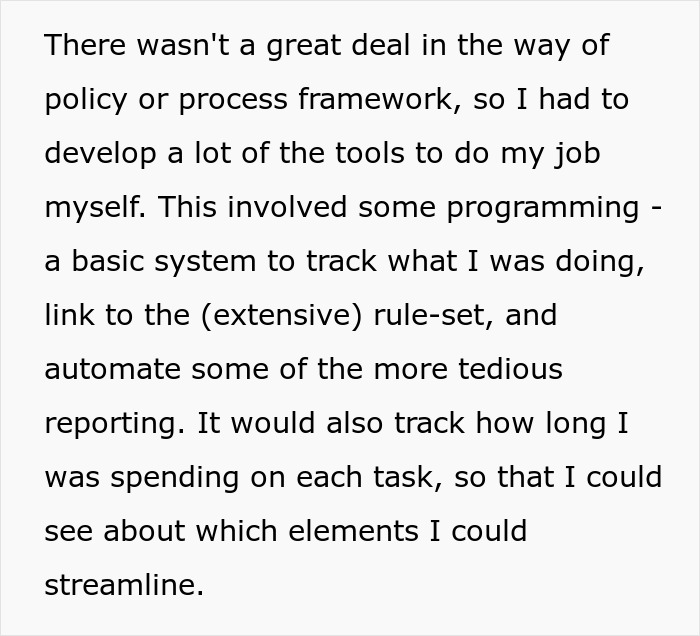
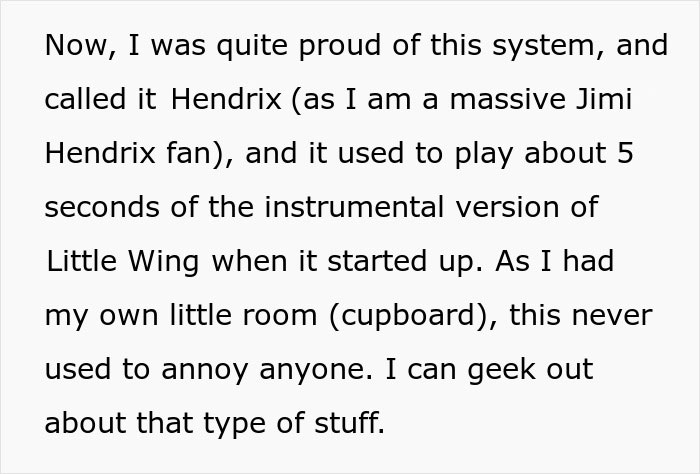
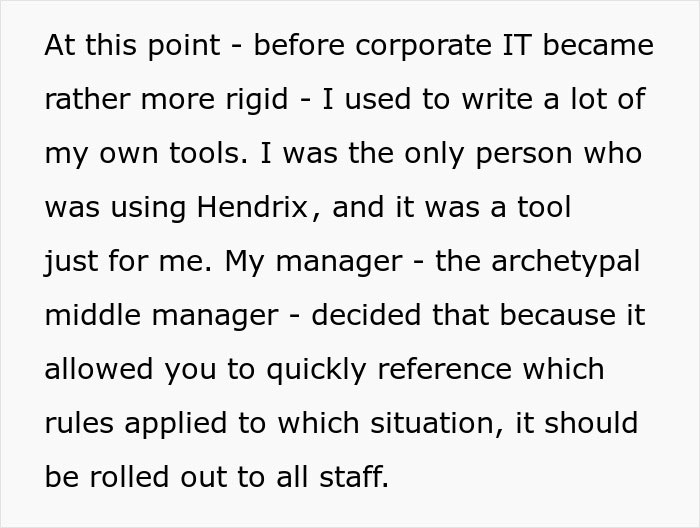
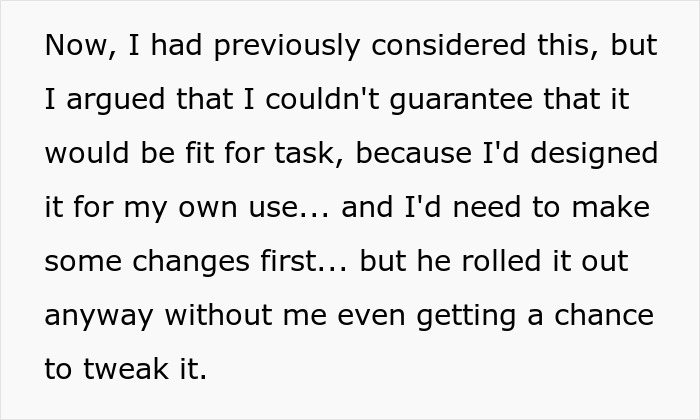

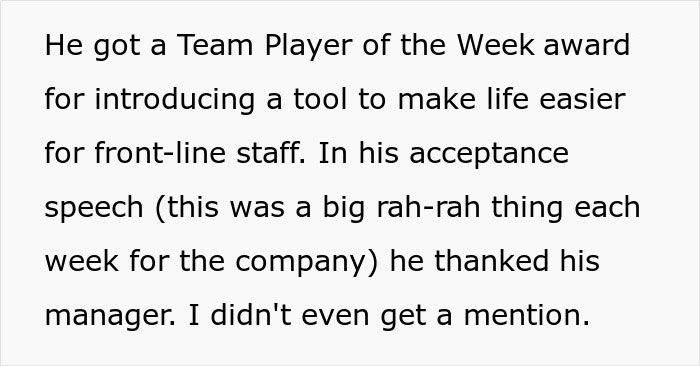
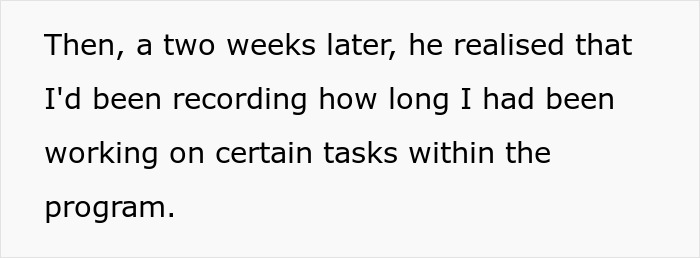
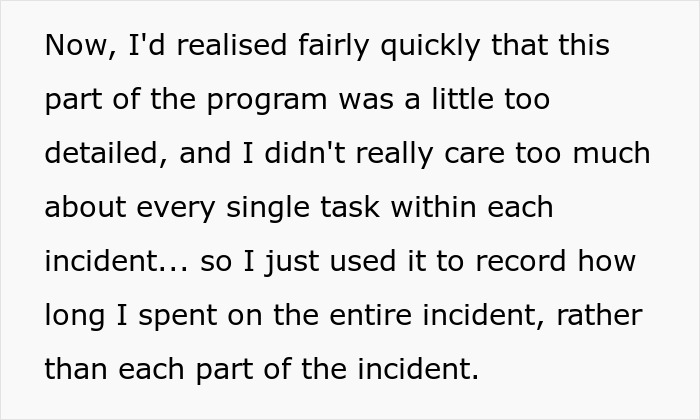
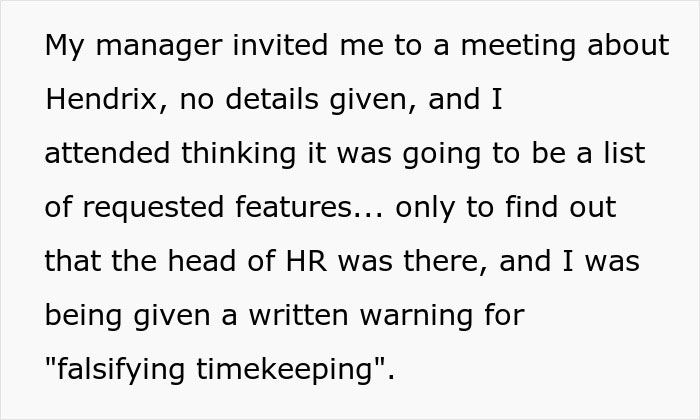
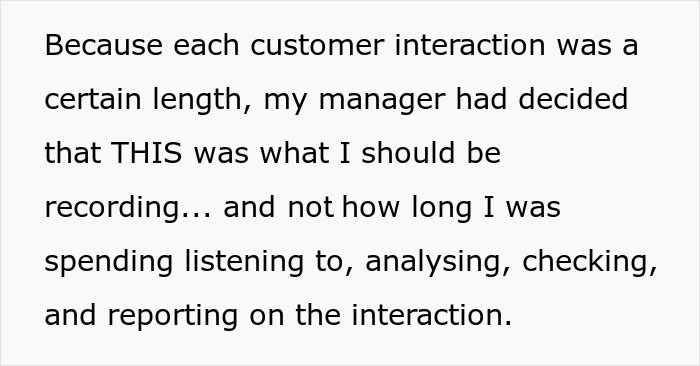
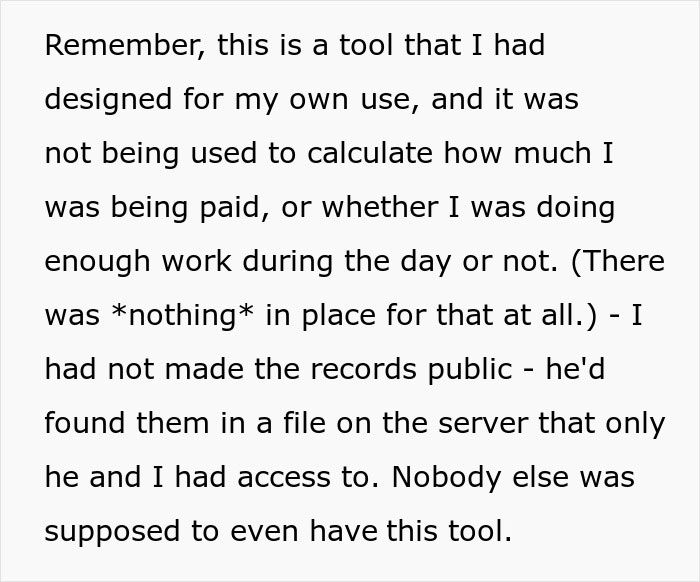
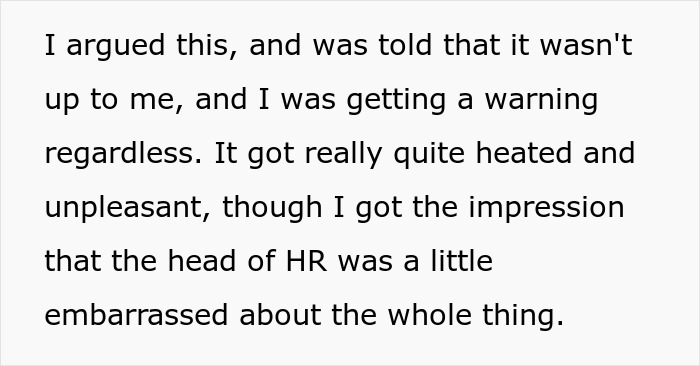
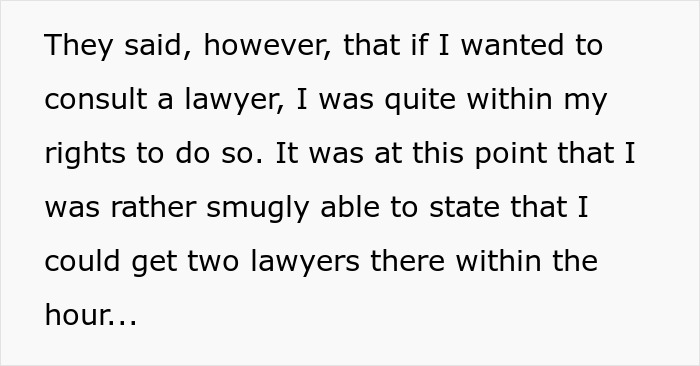
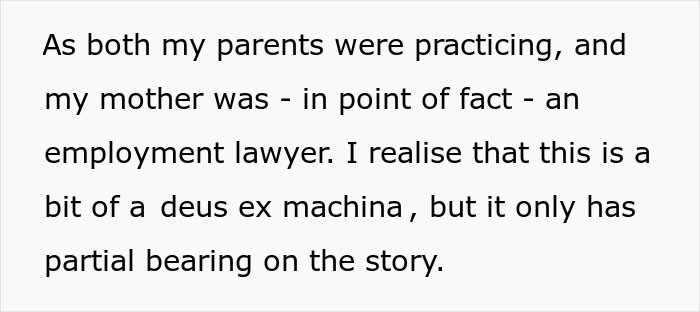
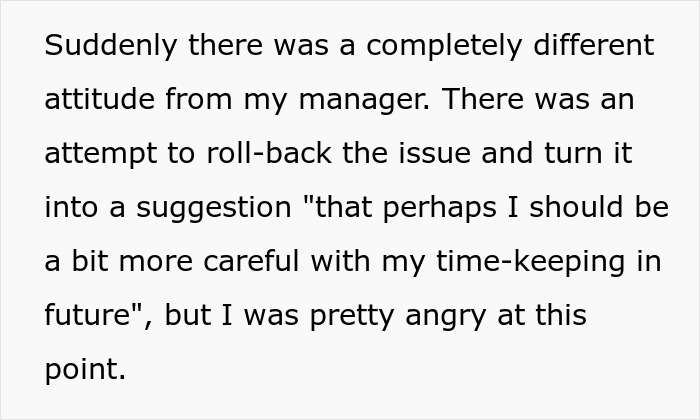


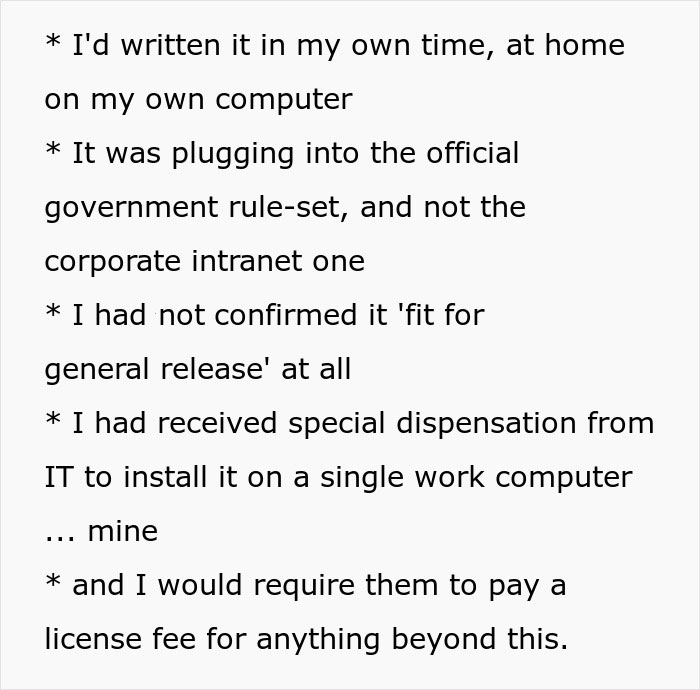
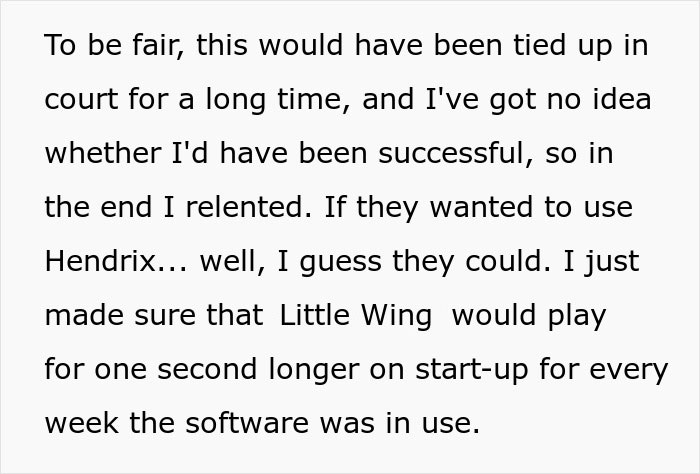

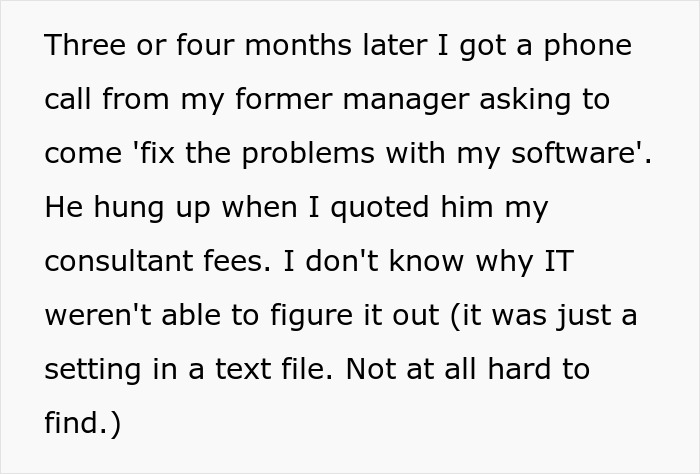
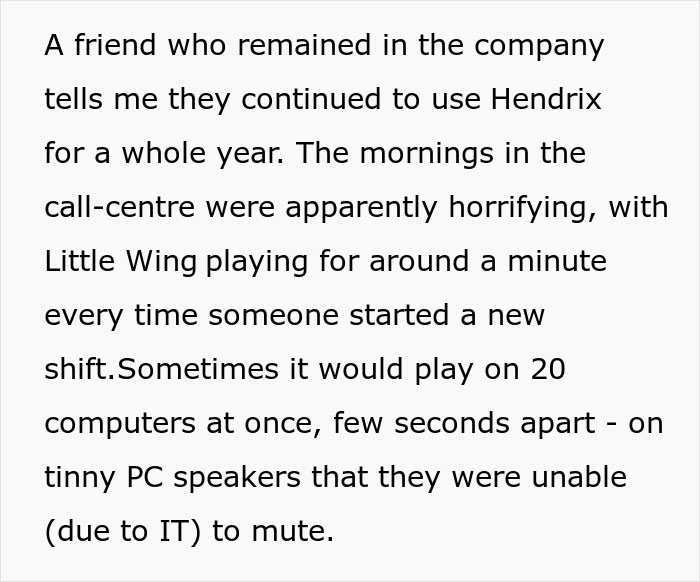
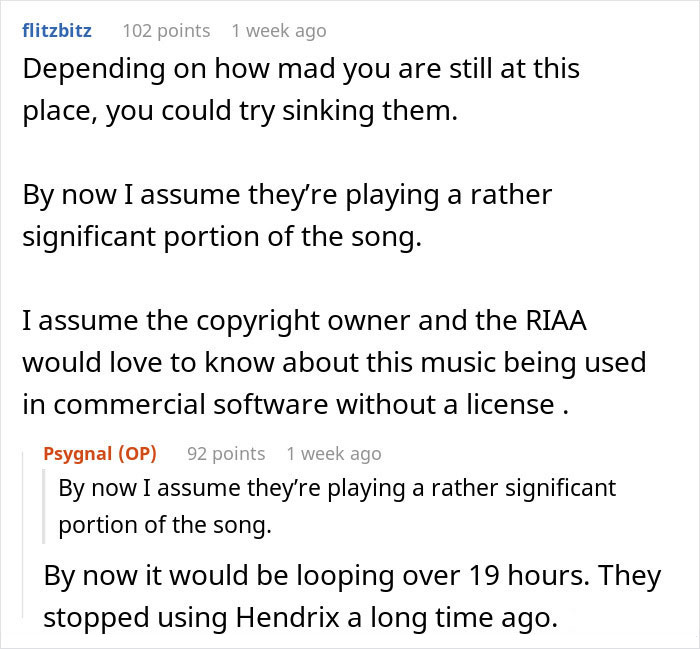
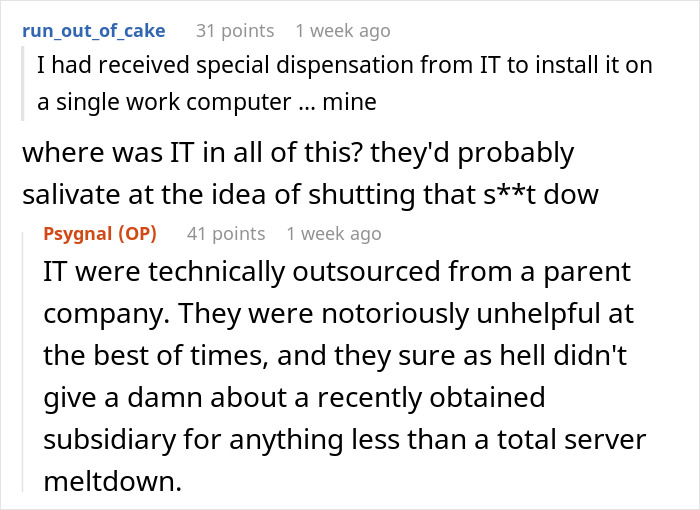
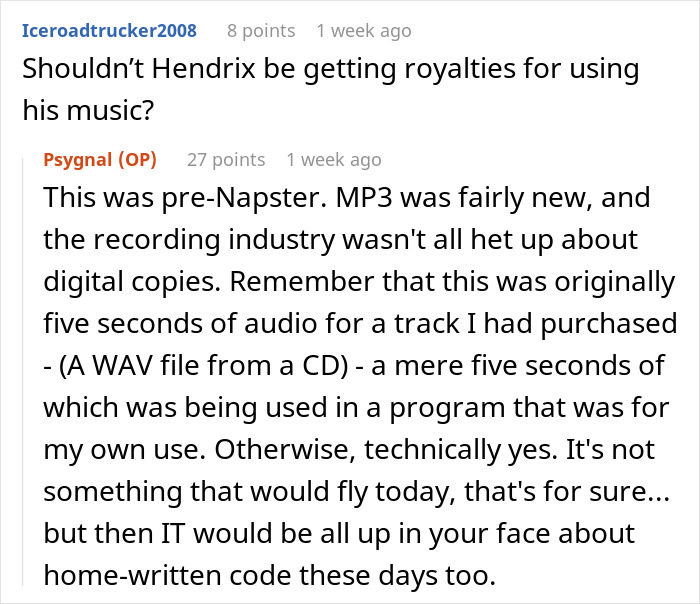

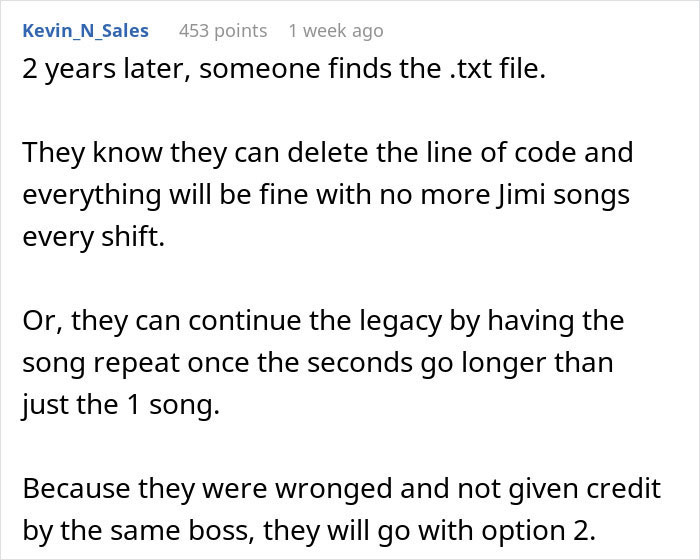

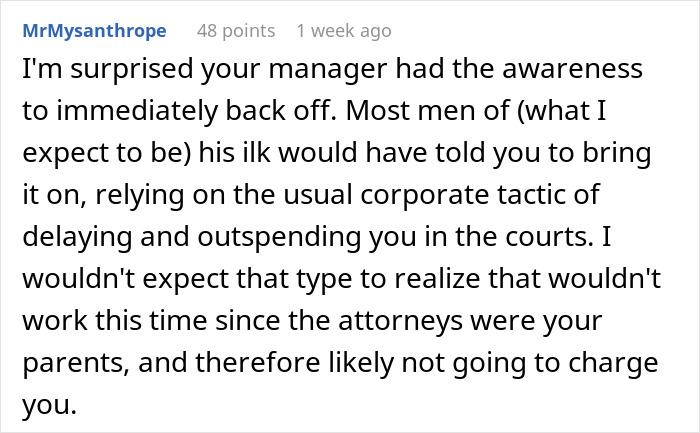
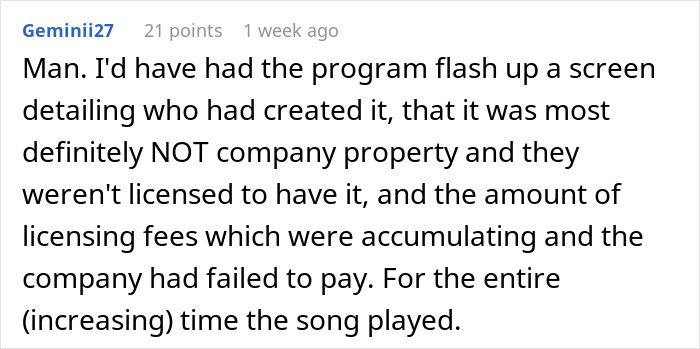





128
12